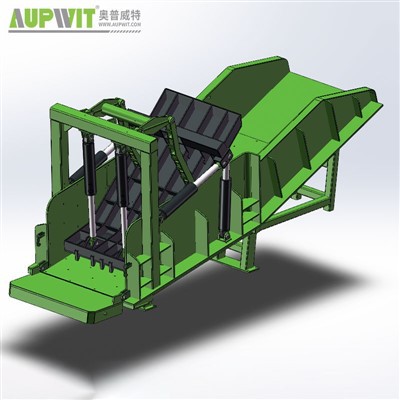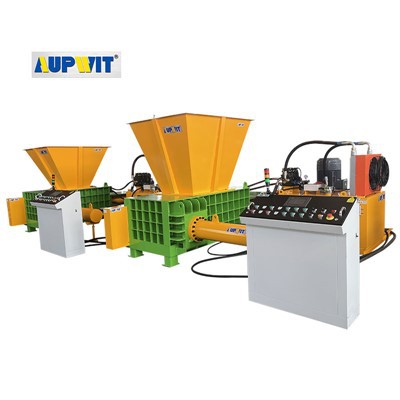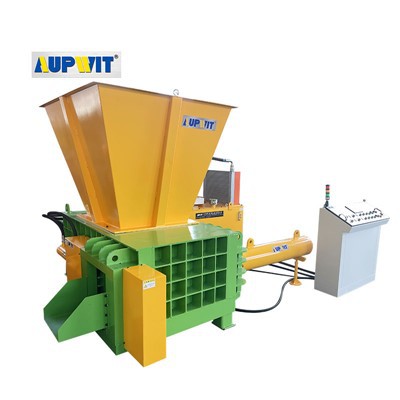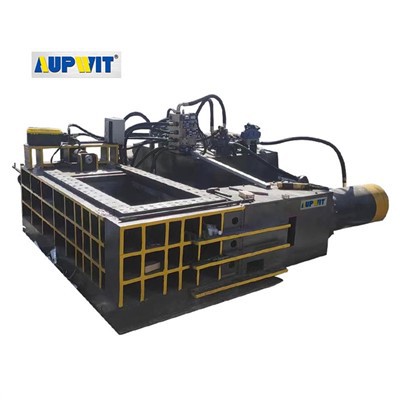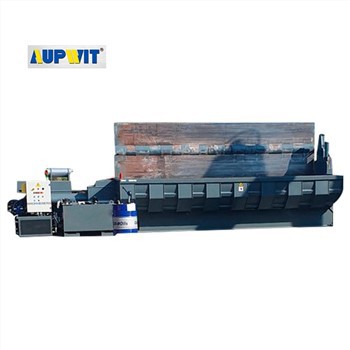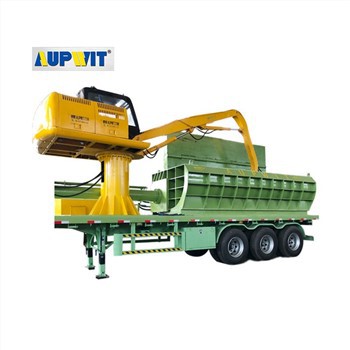Suitable Metal Scrap Types for Compression Equipment
1. Thin, Loose Metal Scrap
- Typical examples: Scrap iron, aluminum, tinplate cans, various metal packaging casings
- Characteristics: Thin, bulky, lightweight, occupies large storage space when unprocessed
- Advantage: Quick compression reduces volume; soft material causes no excessive equipment wear, suitable for batch processing
2. Small and Medium-Sized Lumps of Metal Scrap
- Typical examples: Small cast iron blocks (industrial production), aluminum alloy scrap, small metal parts from scrap machinery
- Characteristics: Moderate size and weight, irregular shapes (but compress evenly when loaded)
- Advantage: Resulting compacted balers are highly dense, easier to transport and reprocess
3. Wire and Container-Type Metal Scraps
- Typical examples: Scrap iron/copper/aluminum wire (even tangled), clean aluminum beverage cans, degreased metal oil drums (pre-processed to remove flammable residues)
- Function: Stabilizes wires, eliminates gaps inside containers
- Advantage: Prevents loosening after processing; ensures smooth compression
4. Sheet Metal Scraps and Small Component Scraps
- Typical examples: Stainless steel/aluminum alloy scrap strips/sheets, metal brackets from used home appliances, small metal parts from bicycles/motorcycles
- Characteristics: Relatively hard but with moderate ductility
- Advantage: Adjustable compression parameters form coherent blocks; ideal for small and medium-sized recycling points


